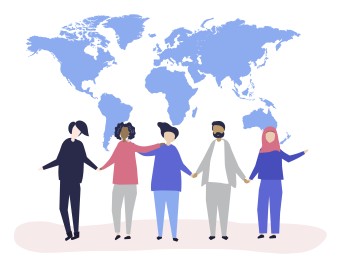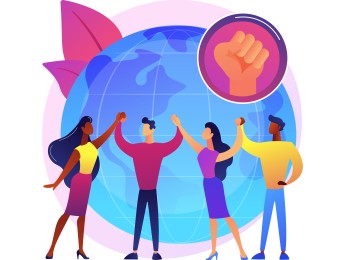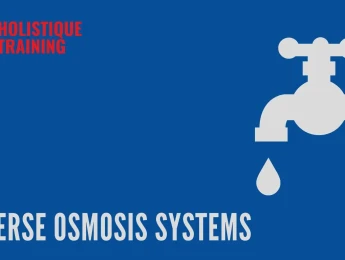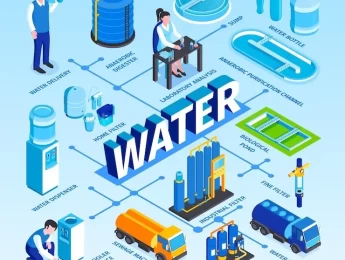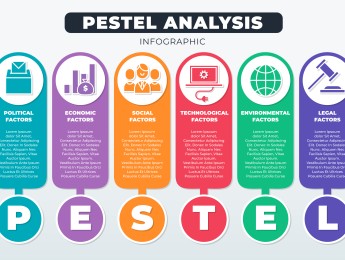Water is a shared resource that crosses national borders, making cooperation between countries essential. When managed well, shared water can become a source of peace and development. But when handled poorly, it can lead to conflict, tension, and inequality. That’s why water diplomacy—using dialogue, negotiation, and shared understanding—is key to managing water challenges.
This course offers practical knowledge and tools to help professionals understand how water conflicts arise and how to solve them. You'll learn about the actors involved in water decisions, how to use diplomacy to build cooperation, and how laws and data support long-term solutions. Real-world case studies and teamwork exercises will help bring the concepts to life.
By the end of this training, participants will be able to:
- Understand the concept of water diplomacy and its main features.
- Discuss the causes of transboundary water issues and how they evolve.
- Identify key players involved in water negotiations.
- Analyze the impact of politics and power in water-related decisions.
- Use different methods to resolve water-related disputes.
- Understand international laws and cooperation frameworks for water.
- Apply practical tools and negotiation steps to real cases.
- Use data and information to improve water sharing and policy-making.
This course is for professionals and decision-makers who work on water, environment, or conflict resolution across borders, including:
- Government and public sector representatives.
- Diplomats and negotiators.
- Environmental NGOs.
- International organization staff.
- Legal advisors and researchers.
- Business professionals in water-related sectors.
This course uses an engaging, practice-oriented approach that blends learning with doing. Participants will benefit from expert-led presentations that simplify key concepts, followed by group discussions that encourage exchange of ideas and perspectives. Real-world case studies will help connect theory to actual water conflict situations, while interactive role-play exercises simulate negotiation settings, allowing participants to build confidence and apply diplomatic tools. Hands-on activities using real data and maps will reinforce the technical side of water cooperation, making sure that participants are not only informed but also equipped to act effectively in their professional roles.
Day 5 of each course is reserved for a Q&A session, which may occur off-site. For 10-day courses, this also applies to day 10
Section 1: Understanding Shared Water Resources
- What is water diplomacy and why it matters.
- Key terms: transboundary waters, cooperation, conflict.
- Examples of shared rivers and water bodies around the world.
- Historical context and lessons learned from past efforts.
Section 2: Why Water Conflicts Happen
- Common reasons for water disputes (scarcity, upstream/downstream tensions, etc.).
- The role of national interests, climate change, and economic needs.
- How cooperation and conflict can exist at the same time.
Section 3: Tools and Methods for Water Diplomacy
- The three tracks of diplomacy: government-level, expert-level, and informal.
- Basic steps in a successful water negotiation.
- Conflict transformation and finding shared goals.
- Role-playing exercises in diplomatic dialogue.
Section 4: Legal and Institutional Frameworks
- Key water laws and international agreements.
- How countries create institutions to manage shared water.
- Role of regional frameworks in long-term cooperation.
Section 5: Using Data to Support Cooperation
- Importance of sharing accurate data between countries.
- Barriers to data access and trust.
- Using maps, models, and reports to support fair decision-making.
- Future trends in data use for water peacebuilding.
Upon successful completion of this training course, delegates will be awarded a Holistique Training Certificate of Completion. For those who attend and complete the online training course, a Holistique Training e-Certificate will be provided.
Holistique Training Certificates are accredited by the British Accreditation Council (BAC) and The CPD Certification Service (CPD), and are certified under ISO 9001, ISO 21001, and ISO 29993 standards.
CPD credits for this course are granted by our Certificates and will be reflected on the Holistique Training Certificate of Completion. In accordance with the standards of The CPD Certification Service, one CPD credit is awarded per hour of course attendance. A maximum of 50 CPD credits can be claimed for any single course we currently offer.
- Course Code PO2 - 127
- Course Format Classroom, Online,
- Duration 5 days



